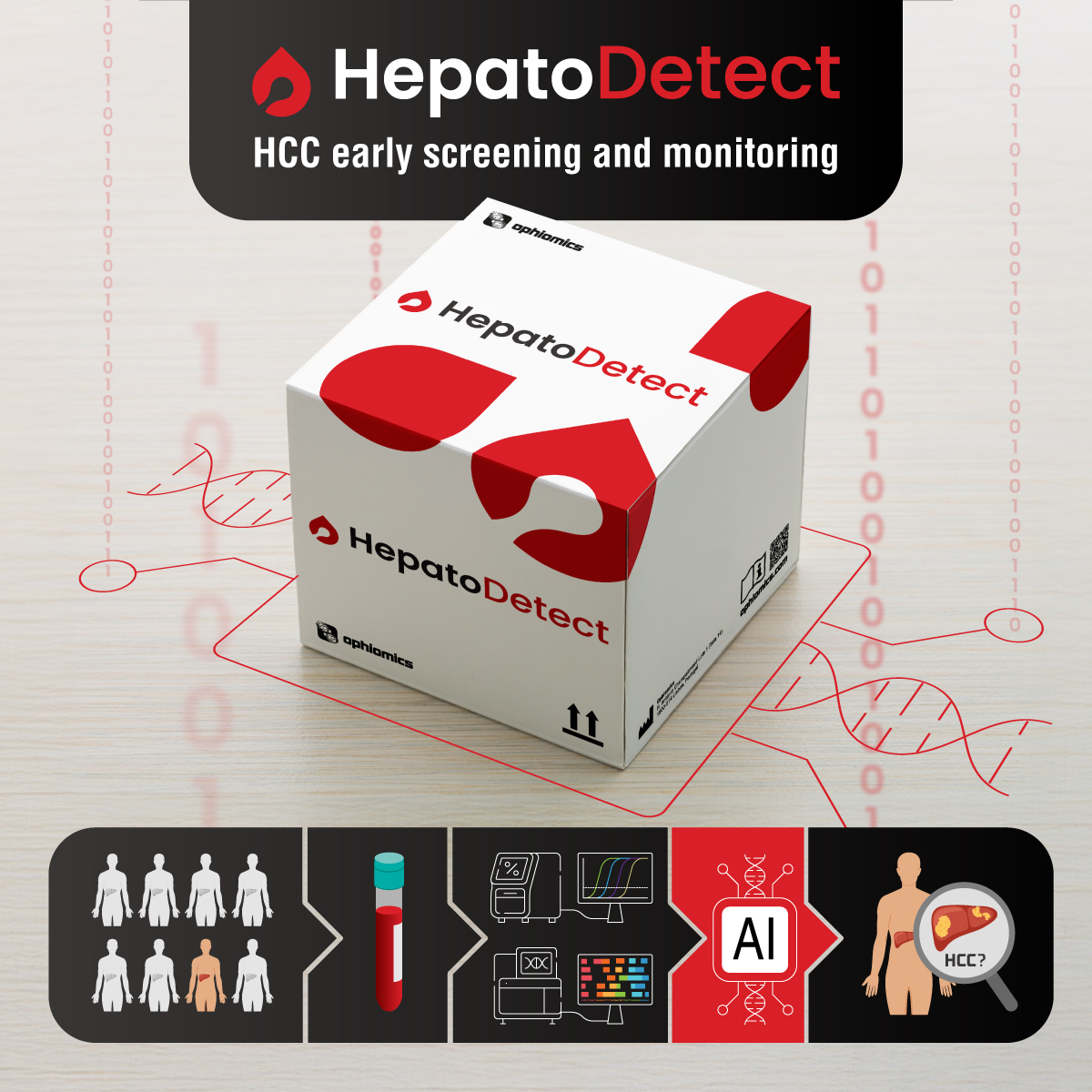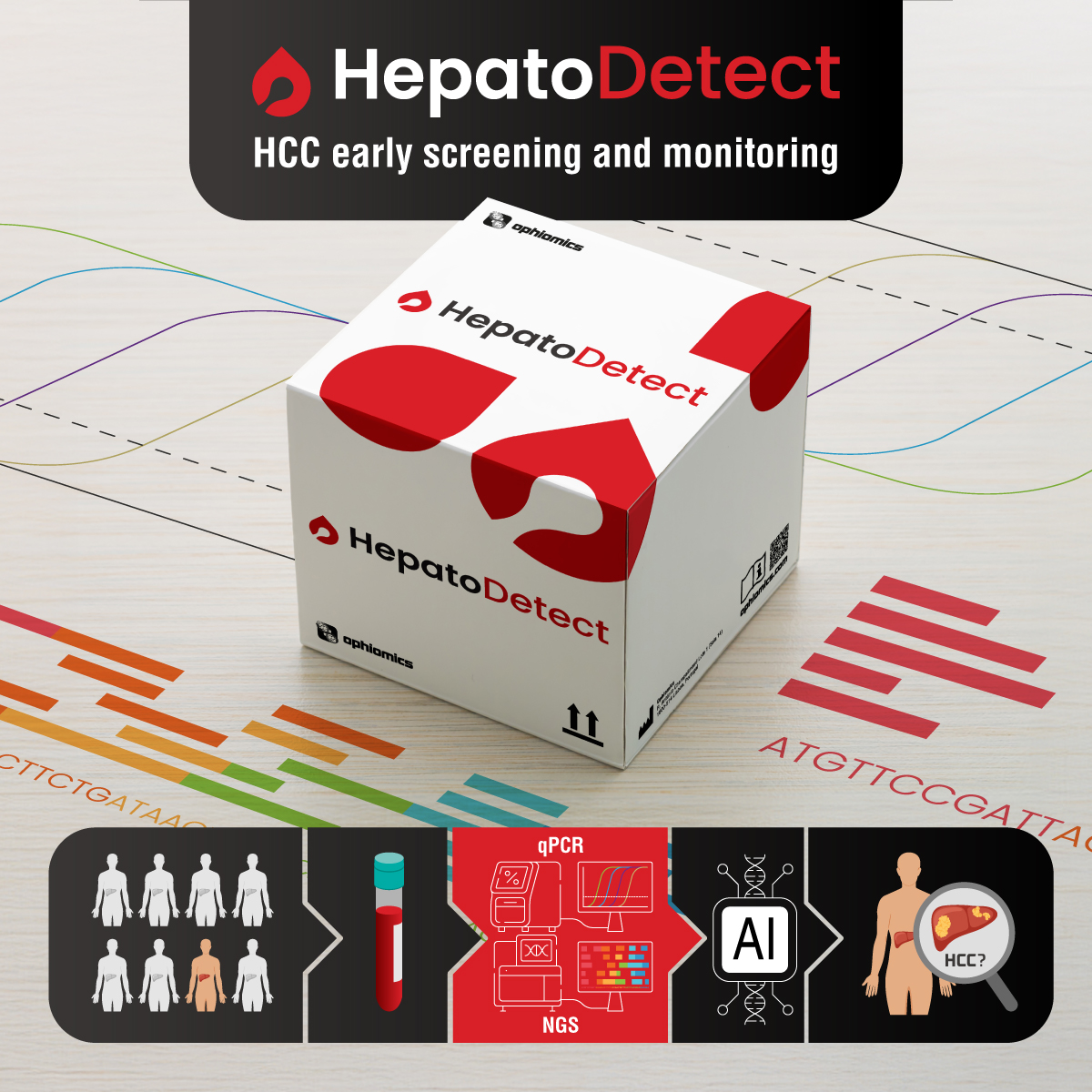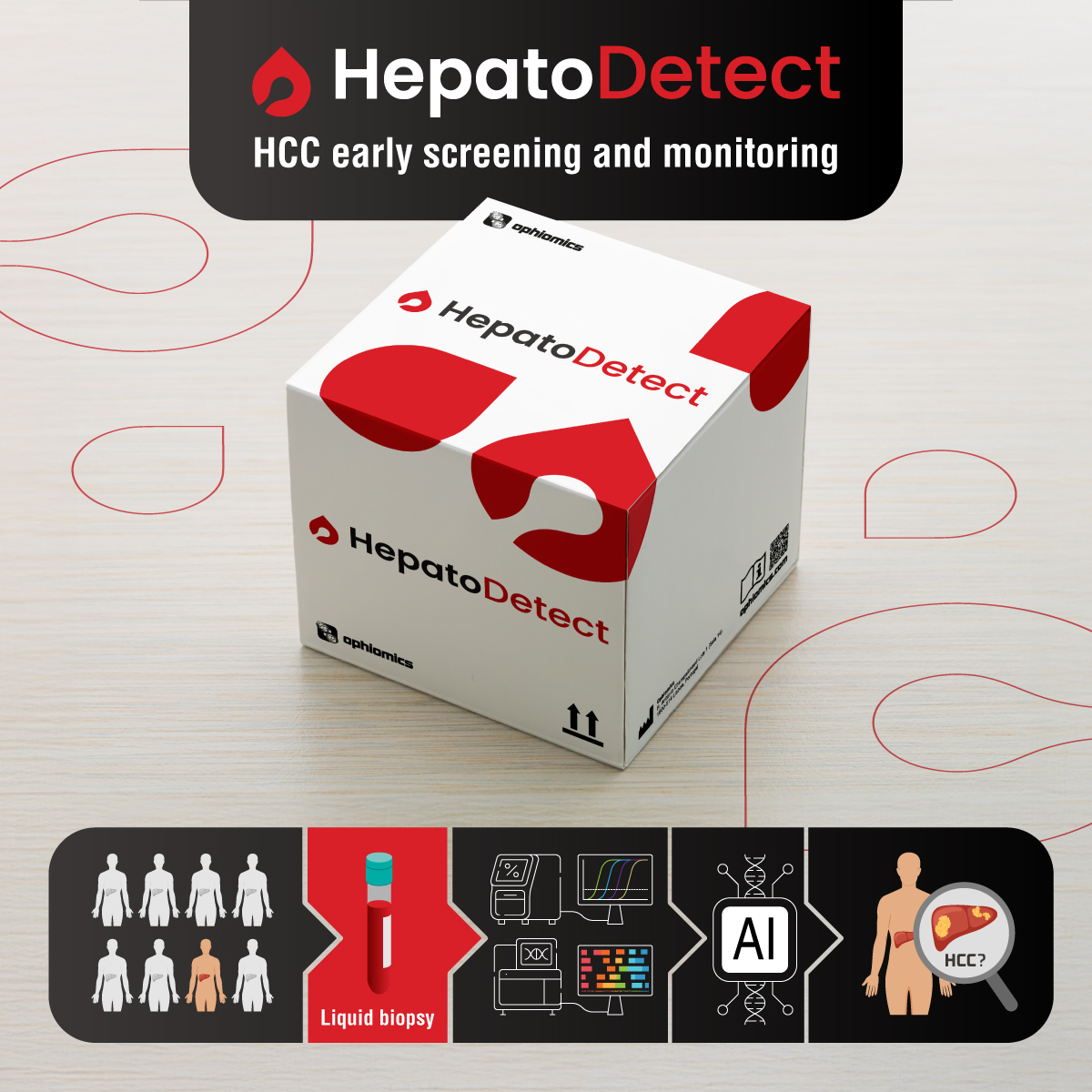We are pleased to announce that our team’s latest work, “Hepatocellular Carcinoma Transplant Criteria Show Poor Negative Predictive Value: A Systematic Review and Meta-Analysis”, has just been published in Journal of Personalized Medicine.
In this study, we systematically evaluated 14 commonly used criteria for selecting which patients with HCC for liver transplantation, assessing both their ability to correctly include low-risk patients and to exclude those at high risk of recurrence. While most criteria showed good positive predictive value (i.e., they reliably identify patients likely to remain recurrence-free), nearly all showed poor negative predictive value, meaning they often exclude patients who would not have relapsed and might have achieved long-term survival after transplantation.
We also ranked these criteria by aligning their performance metrics with the priorities of different stakeholders (patients, physicians, transplant programs, organ allocation bodies), to try to identify the most balanced approaches. Our findings reveal that no single criterion is perfect, underscoring the urgent need to develop and validate new models that better balance between positive and negative predictive value.
This work highlights an important ethical challenge in liver transplantation: current criteria may unjustly deny access to transplantation for patients who could benefit. By pinpointing which approaches perform better and where improvements are most needed, we hope to guide future research to refine existing criteria or develop new models. Such advances may emerge from integrating tumor biology and AI-driven approaches, paving the way for more equitable and effective liver transplantation decisions.
Read the full paper here.








